Anastasia Dietrich
Towards Structured Dynamic Sparse Pre-Training of BERT
Aug 13, 2021
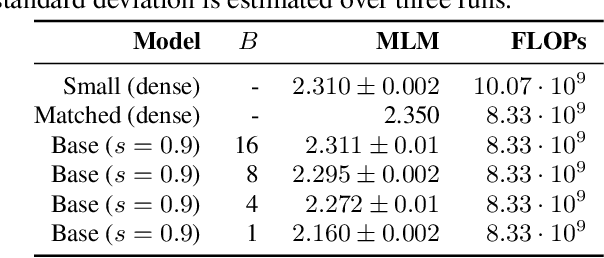
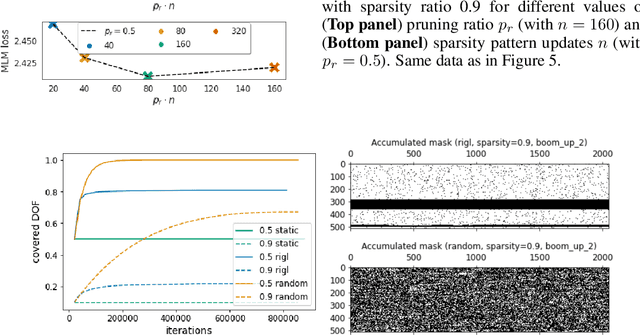
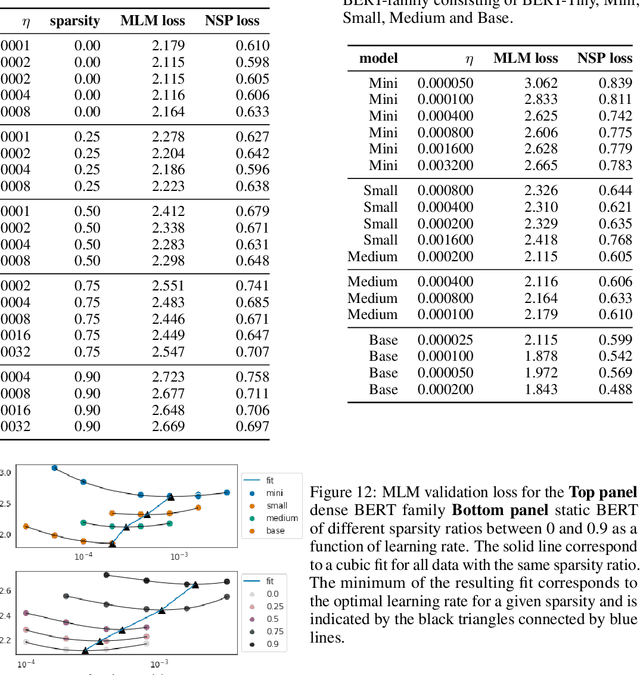
Abstract:Identifying algorithms for computational efficient unsupervised training of large language models is an important and active area of research. In this work, we develop and study a straightforward, dynamic always-sparse pre-training approach for BERT language modeling task, which leverages periodic compression steps based on magnitude pruning followed by random parameter re-allocation. This approach enables us to achieve Pareto improvements in terms of the number of floating-point operations (FLOPs) over statically sparse and dense models across a broad spectrum of network sizes. Furthermore, we demonstrate that training remains FLOP-efficient when using coarse-grained block sparsity, making it particularly promising for efficient execution on modern hardware accelerators.
GroupBERT: Enhanced Transformer Architecture with Efficient Grouped Structures
Jun 10, 2021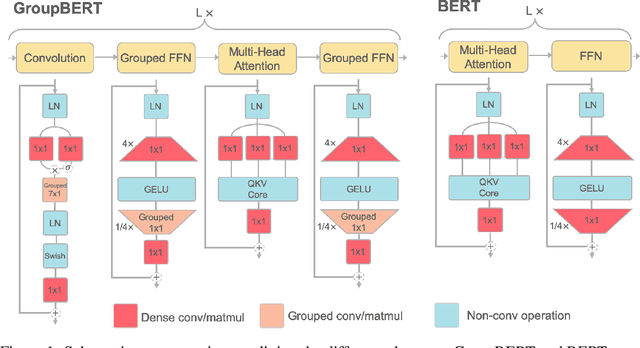
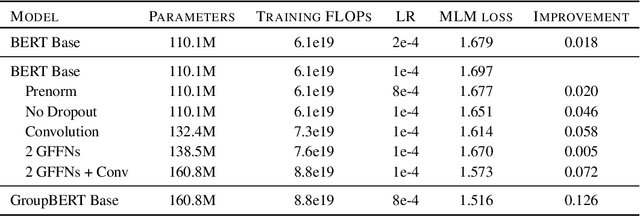
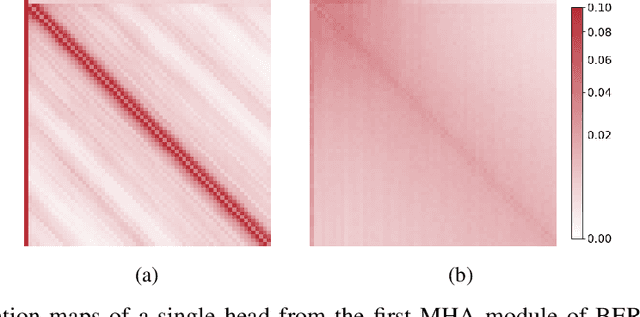

Abstract:Attention based language models have become a critical component in state-of-the-art natural language processing systems. However, these models have significant computational requirements, due to long training times, dense operations and large parameter count. In this work we demonstrate a set of modifications to the structure of a Transformer layer, producing a more efficient architecture. First, we add a convolutional module to complement the self-attention module, decoupling the learning of local and global interactions. Secondly, we rely on grouped transformations to reduce the computational cost of dense feed-forward layers and convolutions, while preserving the expressivity of the model. We apply the resulting architecture to language representation learning and demonstrate its superior performance compared to BERT models of different scales. We further highlight its improved efficiency, both in terms of floating-point operations (FLOPs) and time-to-train.
 Add to Chrome
Add to Chrome Add to Firefox
Add to Firefox Add to Edge
Add to Edge